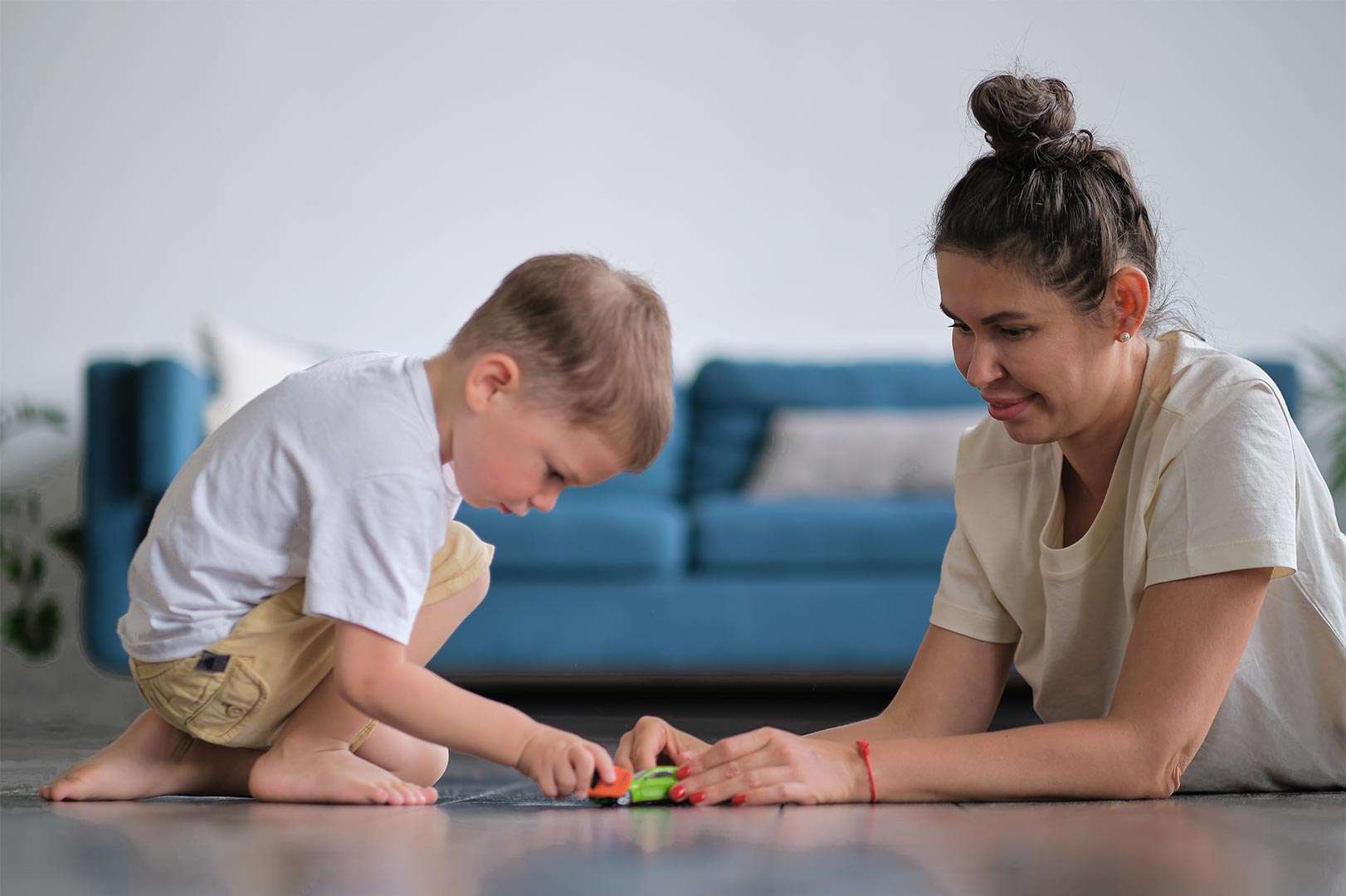Every child develops at their own pace, but there are some general milestones that most children reach at certain ages. If you’re concerned about your child’s development, it’s important to talk to their doctor. But there are also some things you can do at home to track your child’s progress and identify any potential problems early on.
What are developmental milestones?
Developmental milestones are the skills and abilities that most children reach at certain ages. These milestones can be divided into four main areas:
- Physical development: This includes things like rolling over, sitting up, crawling, walking, and running.
- Cognitive development: This includes things like thinking, learning, and problem-solving.
- Speech and language development: This includes things like babbling, talking, and understanding language.
- Social and emotional development: This includes things like interacting with others, playing with friends, and managing emotions.
How to track your child’s development
There are a few things you can do at home to track your child’s development:
- Talk to your child’s doctor: Your child’s doctor will screen your child for developmental delays at regular well-child visits. They can also give you guidance on how to track your child’s development at home.
- Use a developmental checklist: There are many developmental checklists available online and in libraries. These checklists can help you track your child’s progress in all four areas of development.
- Pay attention to your child’s interests: Children learn best when they’re interested in what they’re doing. Observe your child’s play and interests to get an idea of their developmental skills.
Signs of a developmental delay
If you’re concerned that your child may have a developmental delay, there are a few signs to look for:
- Your child is not reaching developmental milestones at the expected ages.
- Your child is losing skills that they already had.
- Your child has difficulty learning new things.
- Your child has difficulty interacting with others or playing with friends.
- Your child has difficulty managing their emotions.
What to do if you’re concerned about your child’s development
If you’re concerned about your child’s development, talk to their doctor. Your doctor can assess your child’s development and recommend any additional testing or evaluations that may be needed. If your child is diagnosed with a developmental delay, your doctor can work with you to develop a treatment plan.
Early intervention is key
Early intervention is essential for children with developmental delays. Early intervention services can help children develop the skills they need to succeed in school and in life. If you’re concerned about your child’s development, talk to their doctor about early intervention services.
Tips for promoting your child’s development
There are many things you can do at home to promote your child’s development:
- Talk to your child: Talking to your child is one of the best things you can do to promote their language development. Talk about what you’re doing, what you see, and what you’re thinking.
- Read to your child: Reading to your child exposes them to new vocabulary and helps them develop a love of reading. Start reading to your child early and often.
- Play with your child: Playing with your child helps them develop their physical, cognitive, social, and emotional skills. Choose toys and activities that are appropriate for your child’s age and development.
- Provide a stimulating environment: Surround your child with stimulating toys and activities. Encourage them to explore and learn.
- Be patient and supportive: Every child develops at their own pace. Be patient and supportive of your child’s development.
Tracking your child’s development and identifying any potential problems early on is important for their overall well-being. If you’re concerned about your child’s development, talk to their doctor. Early intervention can help children with developmental delays reach their full potential.
Find out if your child needs extra support today!
- My child screams hysterically
- My child is mean to other children
- My child is always worried
- My child is scared to go to school
- My child is scared of loud noises
- My child doesn’t know how to read
- My child is scared to play outside
- My child does not respond to his name
- My child always gets in trouble
- My child fights with other children
- My child doesn’t know how to count
If you are concerned about your child’s development, contact us for Assessments: Phone/Telegram: 077.455.993 – Telegram Link: https://t.me/OrbRom
If you are concerned about your child’s development, contact us for Assessments.
Phone/Telegram: 077.455.993 Link: https://t.me/OrbRom






Leave A Comment